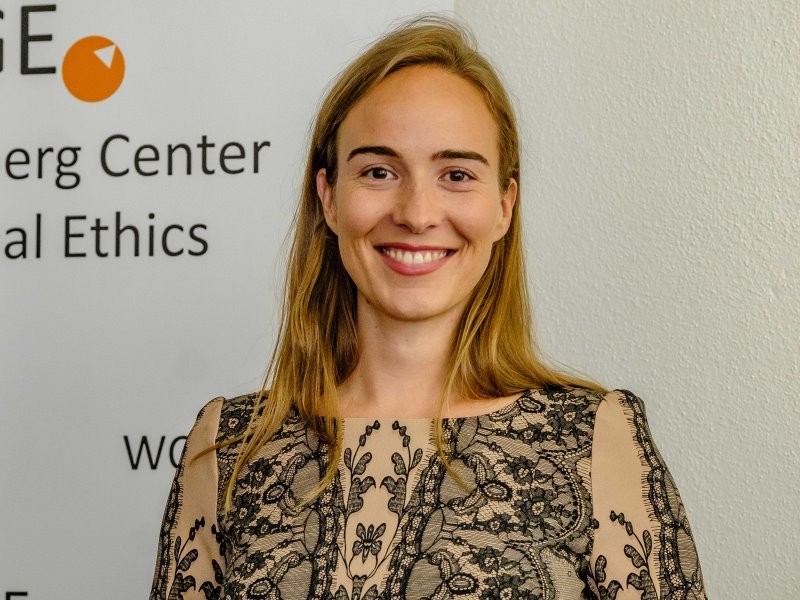
Title of Dissertation:
Kindness Virtue in Business Leadership: From Micro- to Mid-Level Implications
Supervisor: Prof. Dr. Andreas Suchanek
University: HHL Leipzig Graduate School of Management
Scholarship: KSG Scholarship
Cohort: 5. Cohort, 2018-2021
[accordion activeIndex=""]
[item title="Short Abstract"]
In everyday life and the business realm, the word VUCA (volatile, uncertain, complex, and ambiguous) has become a synonym for an ever-adapting and ever-changing environment, which pressures leaders to (re)act 'unkindly' in many aspects. 'Unkind' practices can result from a lack of respect, and not only are these practices inefficient but demonstrate the lack of good leadership. It is a well-known business saying: "People don't leave bad jobs, they leave bad bosses."
Kindness, as a form of good leadership, has been traditionally neglected in a business context and often referred to in connection to compassion, care, and empathy. As there is a diverse emphasis on kindness in literature, the first aim of the dissertation is to review kindness in a business context and the distinction in various disciplines, such as business ethics, leadership, organizational behavior, and management. On the one hand, kindness can be seen as a 'soft' skill that does not fit the pressuring VUCA environments. On the other hand, it can positively influence the organization's overall performance as often demonstrated empirically.
Further, through the research, the author aims to recognize the bad leadership practices such as exploitative leadership (Schmid et al. 2018) and self-serving leader behavior ["using employees for personal gain or taking credit for employees' work"] (Decoster et al. 2019) that leads to lose-lose outcomes for leaders, followers, and organization as a whole.
By combining insights from the concept of "do no harm," the attributes of kindness and the outcomes of exploitative leadership practices, through conceptual and practical analysis, the dissertation aims to answer the following research question:
How can kindness be developed as an organizational strength to prevent bad leadership practices?
In particular, the answer to the research question shall be based on the concept of Ethical Compass (WCGE, 2018) and its core "do no harm." Namely, the emphasis will be given to the element of respect while connecting it to the attributes of kindness. Respect can have many forms, from admiration to deep philosophical sense. However, when translated by various constitutional laws wherewith human dignity is a first human right, every human has a right to be respected. Therefore, nobody shall be harmed without an illegitimate cause.
Using the Ethical Compass can serve to prevent the 'bad' and exploitative leadership practices and recognize kindness as a form of respect. If generalized, it is about developing the attitude of kindness with awareness and reflection of not to harm others (and self) and avoid reacting in a way that one might regret later.
[/item]
[item title="PhD Related Publications"]
N/A
[/item]
[/accordion]
